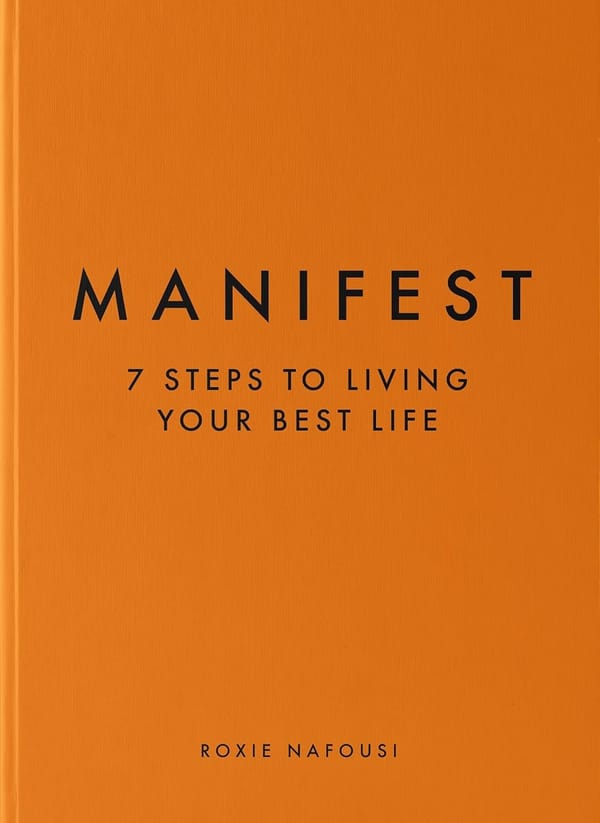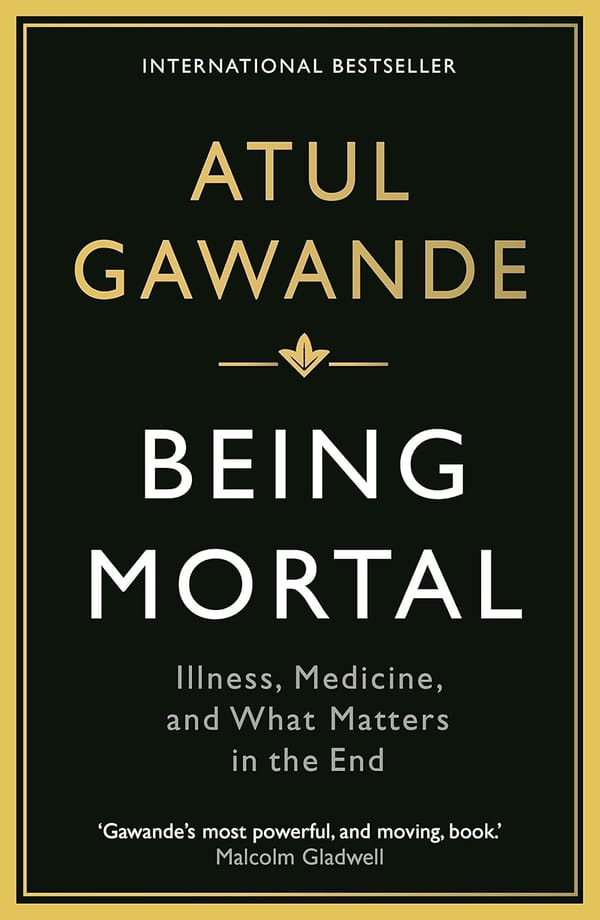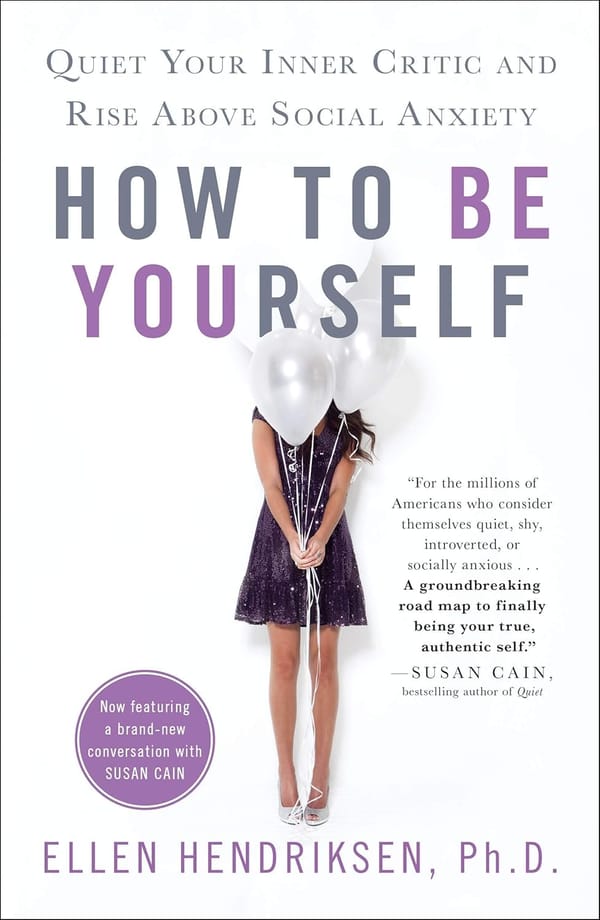The L Word

It is the first time I look Loneliness in the eye. She doesn't look as surprised as I am, as I find out she's here, and there's only the two of us in the space. It's as if Loneliness has been standing in front of me for a long time, waiting for me to see her, acknowledge her, and find my way to get along with her. She waives to me, smiles at me, reminds me of the familiar feeling I have had countless times in my life. And I realise she's always been there.
You don't like it when the Pilates instructor calls everyone by their name when she corrects their techniques but never calls your name, even though you have come to her every week for months. "Laura", "Sasha", "Eleanor", each name is a scratch on your heart, reminding you that you are not being seen the way they are. Maybe because she can't pronounce your name. It's Chinese, it's unfamiliar and it's difficult to pronounce, or... whatever. You hate not being seen because of your minority background.
You frown every time your male team director pulls your male colleague aside to ask about the details of the work you are responsible for. Director never approaches you with the questions you are most suited to answer, even if it means your colleague has to collect the answers from you before passing them back to Director. "Why the long way?" you asked a few work allies. It turns out Director and the colleague are mates. They go to pubs together every week. Fine, but you are not intimidated. You can do more from your end to reduce Director's mental friction next time he thinks about asking you things. You tried to make frequent appearances, popped over from time to time to give updates, and really tried to speak up and impress him with your work whenever you were in the same meeting. Yet still, Director goes to your colleague. You hate not being seen because you don't fit into some male close circles at work.
You are so annoyed of not being seen. The underlying anxiety is that if you are not seen, then how can you be connected, befriended or thought of? Not being seen creates the soil of loneliness. It's so pervasive yet so out of your control. What can you do? You can't change what others think of you.
So you make an extra effort to make more friends and acquaintances. You want to talk to someone who sees you, cares about you and listens to you. But you soon realise company is not the same. Having conversations with someone on the same wavelengths boosts your energy. Otherwise it drains you, and you can't help yawning in the middle of a conversation. Your nerdy, focused, overthinking little brain never enjoys the shallow small talk about the weather or the weekends. You like to think that small talk is just a language formula people use to hide their real selves, but what you are so eager to see is the way people truly are. You can't bear disguised and bogus expressions because life is already so isolated, so why putting up a mask when you finally get to meet another soul?
What comes with profound isolation is a deprived outlet for emotions and feelings. They tangle and swirl in your brain, accumulating from every deliberate conversation you make at work and every little scratch you receive at the Pilates studio. They have nowhere to go, to the point that you can no longer conceal the tornado in your head. So it becomes a long passage for what's supposed to be a quick banter, a long-haul self-revealing story for what's supposed to be a speaking practice in your language class, easily giving away your desperation. The outlet is so thin, and it's so difficult to find someone whose interaction with you matches the surging flow rate your fast-spinning little brain produces. Ping-pong, ping-pong–you desire the conversation to flow at your pace and wavelength. But you, being you, you know a like-minded is also like-isolated and hard to meet. The lonelier you feel, the more you scroll up and down your phone, trying to feel connected with the vast world at the high updating rate that keeps your busy brain engaged so you don't feel lonely. You put down your phone and pick up a book, trying to read something deep and thought-provoking so you don't fall into the phone addiction and intermittent reinforcement trap. It's just the more you scroll, the more you read, the more emotions, anxiety and reflections flow into your inlet. The reservoir level gets higher and higher; you almost can't stay afloat. You are drowning.
Now you realise that the reservoir is her presence. Ms Loneliness. The sporadic outlet is never going to catch up with the inlet, if you don't become your own outlet. So you pick up your journal. You write. You make the pen your pipe, and papers your drainage. You write freely and candidly as the rustling sound is not going to judge you. You have full control over the pace you write. Slow or fast, you are the most loyal and engaging listener to yourself. Every sentence written down frees up a small fraction of your emotions reservoir. Thrust at the start. Subside in the end. You are your own outlet.




